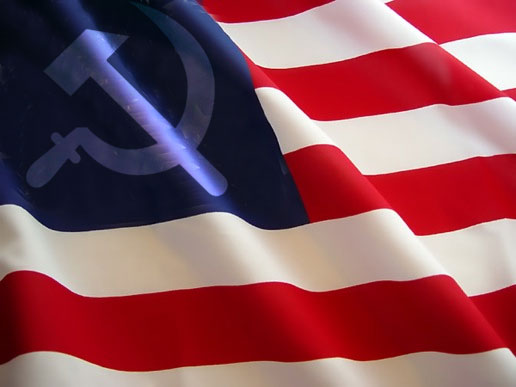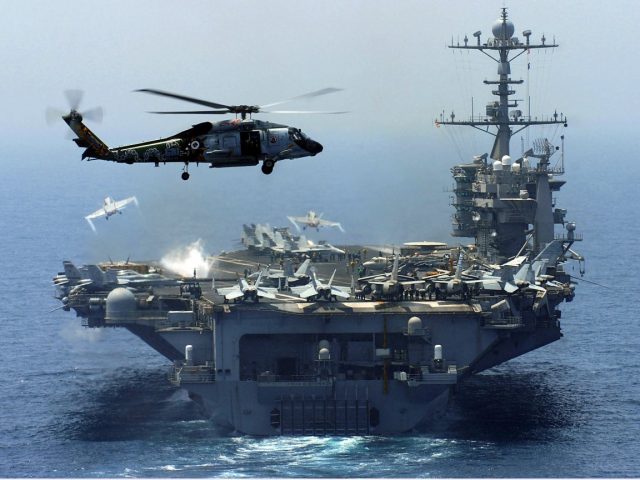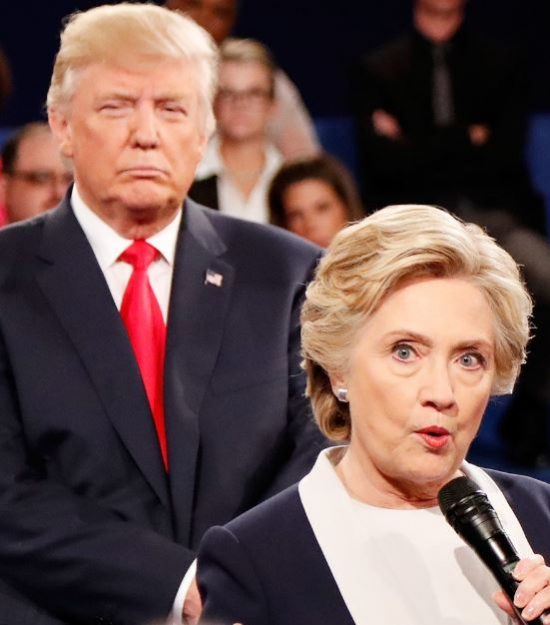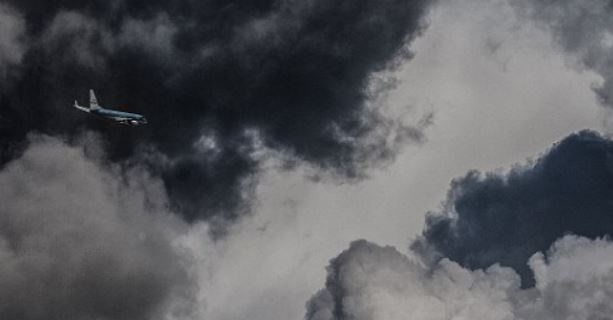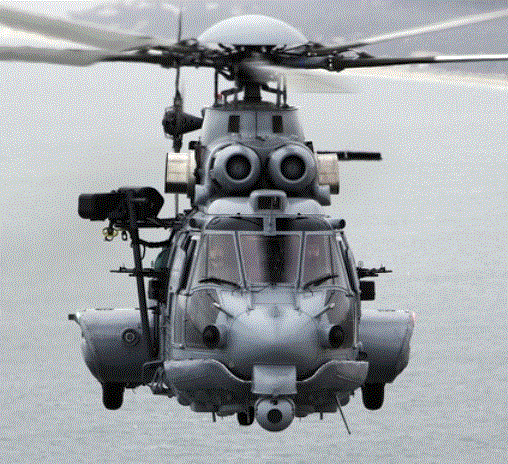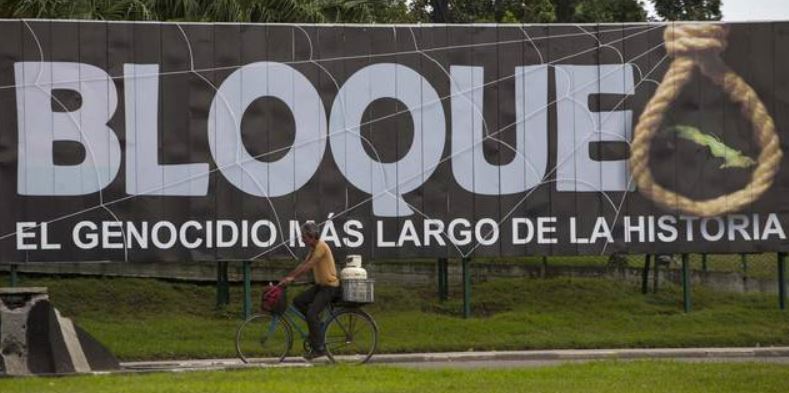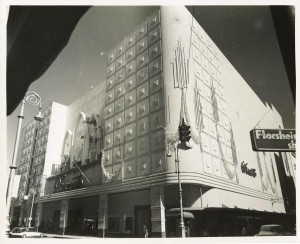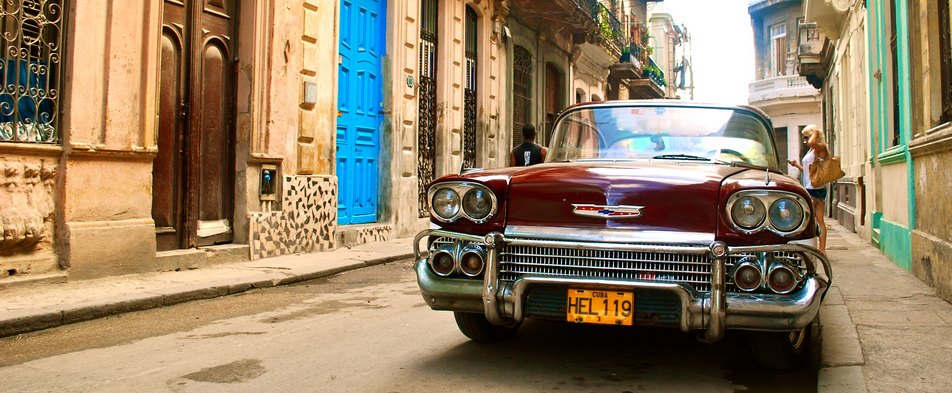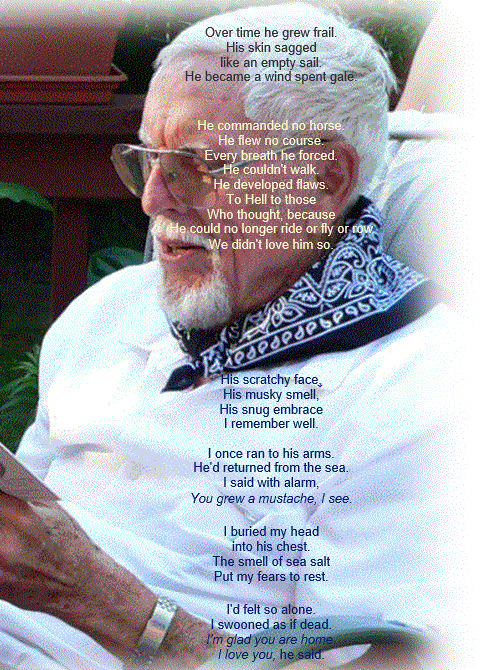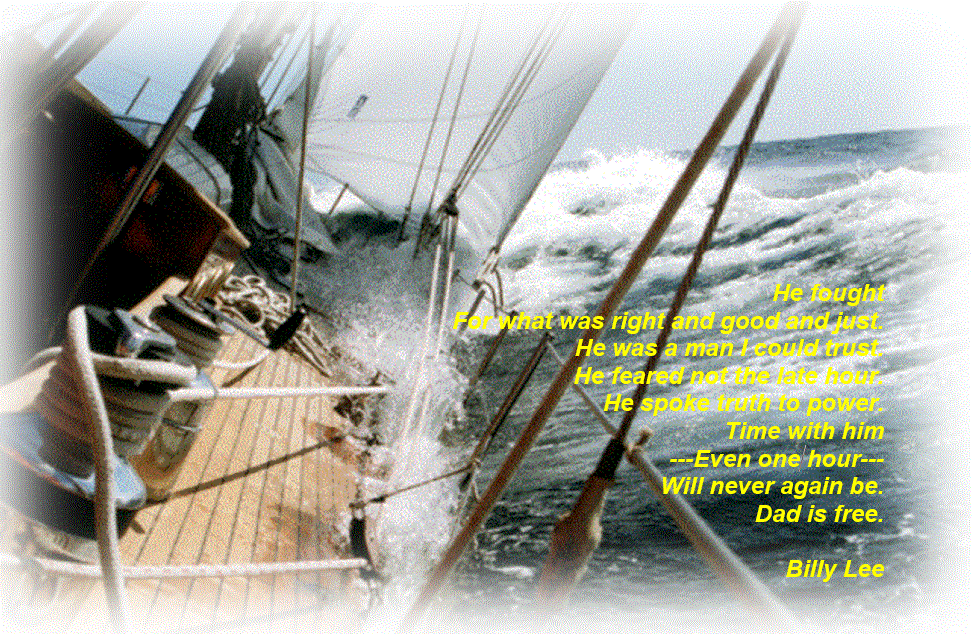I grew up in a Navy family. Maybe it makes me a “Navy brat” to some. I really don’t care. Military families pay a high price. They move frequently, for one thing.
Dad was a naval aviator who, among other assignments, commanded in succession two squadrons of anti-submarine jet-helicopters — one squadron in Rhode Island, one in Key West. People who know me or who have read certain essays on this blog are aware.
Dad fought within and alongside the National Security Agency to defend our country. The United States created the NSA after World War II to monitor international shipping. The global fleet of tankers and cargo boats has grown to nearly 52,000. The USA is fortunate to possess high-tech sensors that can see nuclear bombs aboard ships. It’s one of many capabilities that keeps our country safe.
The NSA has been led by a succession of Navy Admirals, and Army and Air Force Generals. Today, the NSA is led by an Army General of Japanese descent. While others were interned, his dad worked for US intelligence during the last world war, it seems, so the president trusts him. He trusts him enough that in May 2018, he assigned him to lead the National Security Agency, the Central Security Service and the U.S. Cyber Command.
Now might be a good time to inform readers that I don’t now nor have I ever had a security clearance. I am a civilian pontificator who resigned (with a little help from an Army Lieutenant Colonel) a pending infantry officer’s commission decades ago, because I believed the Vietnam War was an atrocity. I had no appetite for the killing I would be ordered to perform to successfully engage in a war that for me at least made no sense.
What I have now is the experience of living with and around military and civilian intelligence officers during the first twenty-two years of my life. I lived near and was friends with the daughter of the man who discovered the missiles on Cuba that led to the Cuban Missile Crisis. My dad became a significant player in that crisis. So I’m providing a unique perspective that other civilians might not have.
I suggested in a recent essay (47 TONS) that Japan is well on its way to becoming a threat to human survival should their chain of 6,852 remote islands fall into the hands of a cabal of wrong-headed leaders. The Japanese have accumulated 47 tons of bomb-grade plutonium from their fast-reactor programs. They are producing an additional eight tons per year.
A softball sized clump of about fourteen pounds is more than enough to make one unsophisticated atomic bomb. A state-of-the-art bomb can be made from a baseball sized clump weighing nine pounds.
Do the math.
The Japanese have other capabilities that should terrify anyone who might make the mistake to oppose them. They have a complex of labs they call RIKEN that span the islands. A deputy director hung himself at work a few years ago. The signs that something might be wrong at these labs are in plain view for anyone who bothers to look.
They have sophisticated missile and space programs called JAXA.
To their credit, NHK television has complained to the American public about the challenges Japan suffers from possessing and producing too much plutonium. Right now the USA seems to be preoccupied with Russia, Korea, and China. Russia says they have stealthy, multi-warhead nuclear missiles that can hurtle through the atmosphere at almost three miles per second.
Moscow is about 5,000 miles from Washington DC, or 2,000 seconds away — 33 minutes. Thirty-three minutes seems like a long time, but some are forgetting about the 300,000 Russians who live in Cuba, most assigned to the submarine and air bases Russia built and maintains there.
Cuba is 1,100 miles from Washington DC, which is a seven minute trip should Russia position their missiles inside Cuba’s jungled mountains. Again, seven minutes seems like a lot of time. The problem is, the missiles are stealthy; we can’t see them; even if we could, the United States has nothing that can shoot them down. They fly too fast.
News reports are currently downplaying the importance and extent of Russian progress in missile technology. The expression on Trump’s face after he came out of his two hour meeting with Vladimir Putin spoke volumes. Our sophisticated media can’t conceal for long that our country is in a deep hole. The situation for our side isn’t good.
Hillary Clinton mentioned another threat from Russia during the 2016 presidential debates. Her revelation was a national security screw-up of ginormous proportions, which the press let slide.
Everyone remembers Clinton calling DT, Putin’s Puppet. No one seems to remember her warning that unmanned Russian drones were sitting in the sands off our coasts.
US intelligence believes these drone submarines carry poisons — possibly plutonium, which will be released during a conflict.
I was living in Key West during the Cuban missile-crisis. My dad chased a nuclear-armed sub out of waters near Cuba. He almost started a war, but he spoke Russian and was able to make himself understood — the USA meant business.
He thought, as did everyone at the time, that we had caught Russia in the middle of its first installation of nuclear missiles on the island. The missiles weren’t yet armed; they posed no immediate threat.
Years later the Russians revealed that the missiles seen in the CIA photo-shoot were second generation. The first generation stood already buried — locked and loaded. Had an incident ignited an exchange of fire, Florida and Cuba would be distant memories to this day.
The incident involving my dad is retold, with a few perhaps intentional mistakes to protect national security, by Oliver Stone in his remarkable book, The Untold History of the United States. Oliver Stone was a warrior — a veteran of the Vietnam war. He has credentials that go beyond his opus of award-winning films, screen-plays, and books.
I’m not going to name names, but USA companies have milked the defense department for decades. They’ve dragged their feet to keep projects funded and on-going — why don’t we all figure this out together? — to maximize profits and bonuses for executives who in turn give money to senators and congress-folks who … well … only dummies are unable to figure it out, right?
Corruption is called corruption because it corrodes; what corrodes destroys. That’s the pickle-barrel the USA is in, and it could be the reason DT is kissing the behinds of the folks who developed high-speed, stealth missile technology, first.
Donald Trump might be trying to buy time for our side. In the meantime our leaders are playing parts in a charade of good cops / bad cops to de-escalate an existential threat to our country until balance can be restored.
To write it so a child can understand: the balance of power has shifted away from the United States. Our enemies are saying that the USA no longer holds the advantages we once enjoyed. If we mess-up, and even if we don’t, we could wake up one morning — those of us who survive — to see our country reduced to a smoking ruin of radioactive waste.
OK. That’s one view of what’s going on. It’s my personal view — at least today. No one else has said it, so that’s why I published. It’s something to consider. Maybe tomorrow, more information will come out. I’ll change my mind. Who knows?
There are other explanations for why DT behaved in Singapore and Helsinki like a traitor according to one of our recent CIA chiefs, John O. Brennan. By the way, I’m 70 years old — two years younger than DT. I’ve never heard a CIA director call any president a traitor.
EDITORS NOTE: On August 15, 2018 the president announced that he had stripped Brennan of his security clearance on July 26. Like FBI Director Comey before him, Brennan learned his bad news from television reports. The man who served six presidents and gathered the intelligence to conduct the raid that took down Osama Bin Laden wasn’t offered the courtesy of an e-mail or phone call. Instead, DT called him ”erratic”and slandered him by insisting that he couldn’t be trusted with the nation’s secrets.
Meanwhile, former senior advisor Omarosa Manigault called Donald Trump ”unhinged” and a ”racist.” Omarosa is married to Pastor John Allen Newman of Jacksonville, Florida and is herself a Baptist minister who served as a chaplain in the California State Military Reserve before joining the Trump Administration.
I’m not sure, but I think I once witnessed a cartel of intelligence officers assassinate one of our presidents. They sat on the Warren Commission, if anyone is curious about who they were.
One of the members was a fired CIA chief with a grudge. I was a teenager then. What did I know? — only what the commission spoon-fed me and every other American. Enough said.
We’ll never know the truth about the Kennedy assassination. Most people in the intelligence community disliked him, but so did a lot of other people including Cubans, Russians, and organized crime. All the people who know the truth or think they do are now dead or dying.
So, to get back to other explanations: Some think DT was groomed over decades by Russian oligarchs allied with Russia and Israel. To keep him in line they provided him with a wife who was born when he was a 24-year-old skirt-chaser. He had to wait, but the wait was worth it, for him at least.
She was the daughter of a member of the communist party from a region of Yugoslavia that would later be renamed, Slovenia. She was a model unafraid to pose nude. Who doesn’t know the story?
She Germanized her name to be more in line with DT, who came from a powerful family headed by a German billionaire. His dad was once reported by some in media to be the wealthiest American — at least for a few years. He’s notorious for building segregated housing in Queens with government money during the second world war. Enough said.
Is DT’s wife a Russian sleeper agent? Of course not. The thought alone is preposterous, right?
Another theory some have put forward to explain DT is that he is a racist and delusional old man in the beginning stages of bona-fide dementia; perhaps Alzheimer’s disease. It’s a little early for dementia, but I knew a woman who was diagnosed in her thirties. It took two years for Alzheimer’s to claim her.
DT’s White House physician said no; the president will live to be 200 years old if he adjusts his eating habits a little. He’s as sharp as they come — a stable genius.
DT attended a private military academy during high school. There were two reasons young men went to military academies in those days; I remember well. One was because they were either in trouble with the law or unmanageable at home. A private academy kept them out of the house and helped maintain a peaceful lifestyle for the parents. The other reason was to avoid going to integrated schools where blacks were beginning to be introduced into mainstream civilian life.
A college suite-mate of mine bragged that he avoided school with Negroes by attending a private military academy. He also thought Martin Luther King was a communist. I’m sure readers know the type. He graduated in criminal justice and went on to become the head of a police department in a northern state.
We’ve all met people like him, whether we know it or don’t — tall, good-looking, and bad to the bone. The war-resisters, the fighters for racial justice, the men and women of conscience who cared about right and wrong were systematically identified by conservative corporate leaders and kept away from both power and the best jobs at Fortune 500 companies.
A major company in Milwaukee hired me after I graduated. They investigated and learned that I had resigned my officer’s commission to protest the Vietnam War. The background investigation took four weeks. When it was complete, their top investigator fired me.
It was my first job in industry. I learned quick to omit any mention about my anti-war past and to avoid companies that employed investigators. It seemed obvious to me that I would be unable to make a good living otherwise.
The hammer that hit me hits everyone who resists the bad people. It’s the price the poor sometimes pay for standing against the wealthy and speaking truth to power. It’s capitalism’s unseen collateral damage.
I fear for the young people starting their careers today. A trail of internet evidence exposes every free thinking American to the prejudices of the corporate elites who want docile employees who shut up and do what they’re told, no questions asked.
My regret is that, looking back, it seems like I might have had a lot to give, but nobody wanted it; no one felt they needed it. If the truth is told, everyone is expendable and replaceable, right? How many times have the powerful said so to the powerless?
The lives that matter are the lives of the billionaires who rule over us all and call it freedom. I learned that white supremacists (racists) in America can achieve the highest levels of success and be admired by almost everyone who knows them.
It’s true.
But back to the intelligence assessments: Today a Russian woman was arrested who is accused of having established a channel of communication with the GOP through the NRA (National Rifle Association). The Russians planned to launder money through the NRA, according to the allegation.
The Russian agent, Mariia Butina, is now being held without bond, because she is a flight risk. She was having an “affair” with “U.S. Person 1” to gain access “to an extensive network of U.S. persons in positions to influence political activities in the United States” according to her indictment.
Why?
Well, it gets worse in the indictment, but I don’t want my essay to go off into the weeds. People will hear all about it soon enough. Take my word. It’s bad. Who knows what else the Russians planned to better enable them to manipulate hundreds-of-thousands of paranoid, Hillary-hating-Rambos who practice their shooting skills every week at firing ranges across America?
Use imagination for a moment. Imagine that instead of Trump, it was Clinton who won the election. The “deplorables” were ready for revolution, weren’t they? Remember how they attacked vote-counting centers after Al Gore carried Florida in the year 2000?
The GOP intimidated the Supreme Court to halt a constitutionally mandated recount of state voting that was beginning to turn against them. The Constitution of the United States makes voting the exclusive province of state governments, does it not? Look it up. The Supreme Court had no constitutional standing. It’s why the majority opinion took care to restrict its ruling; it was not to be used as precedent for any future rulings from any bench in America, ever. Right?
Who knows better how to incite and fund revolutions than the KGB agents who took down the Russian state and now own and run it as a personal fiefdom?

The citizens of the United States would have been in a second civil war right now, because the DT confederates were planning to insist that Hillary stole a rigged election, right? Does anyone remember? DT was preparing to lead a revolution against America with Russian help. It sounds crazy, doesn’t it?
Maybe Russia planned only to destabilize America. Like the Japanese at Pearl Harbor they didn’t plan for a lopsided victory. The Japanese had no plan to occupy Hawaii. They ran like frightened sharks and hoped we wouldn’t catch them. It took four years, but eventually we came, we saw their lovely islands, and we conquered.
Japan will remain in our vise-grip until the end of time. That was the plan, anyway, when their leaders signed the terms of unconditional surrender in 1945.
Some say that DT harbors a secret desire to become a dictator. He admires strong men and wants to be one. He owned a professional wrestling league and a football team for a reason, maybe.
It’s counter-intuitive, but we might have lost our country to destabilization and revolution had Hillary won the Electoral College. We have now a chance to save ourselves. We have to take that chance.
( Editors’ Note: Hillary garnered 65,853,516 popular votes to Trump’s 62,984,825. ”Third party” candidates took close to 8 million. Ms. Clinton’s margin over Trump in the popular vote was 2,868,691. Hillary won the most votes of any candidate; Trump lost the popular contest by almost eleven million votes. He received 46% of the popular vote. Hillary and the third party candidates received 54% — a margin of 8%. )
People who played ball with the Russians (like the NRA) to take down the “deep state” might want to consider that they risk being arrested someday for treason, because they aided and abetted our enemies who attacked and continue to attack our elections, a foundation stone of American liberty.
The deplorables sometimes behave like fascist bullies, don’t they? They have pretty much proved who they are over the past two years, haven’t they? Read their twitter feeds, anyone who doesn’t believe it.
They claim to be Christians who love military assault rifles. How’s that for crazy? No one who survives being shot by an AR-15 ever fully recovers.
According to polls, deplorables seem to be about forty-percent of the voting population. It’s disgraceful what they post on social media. They’ve brought the USA into a bad place.
To any Trumpletonians who might be reading this essay, here are some things to learn and remember. There is no “deep state.” White supremacy is a lie. Muslims, Negros, Mexicans, gay men and women, and progressives are people who are owed respect, because they are made in the image of God, if for no other reason. They mean you no harm.
Walls make the best prisons.
Be kind to strangers, even on Twitter. You might be tweeting to angels, unawares.
DT will not be president forever.
It’s true.
Billy Lee

